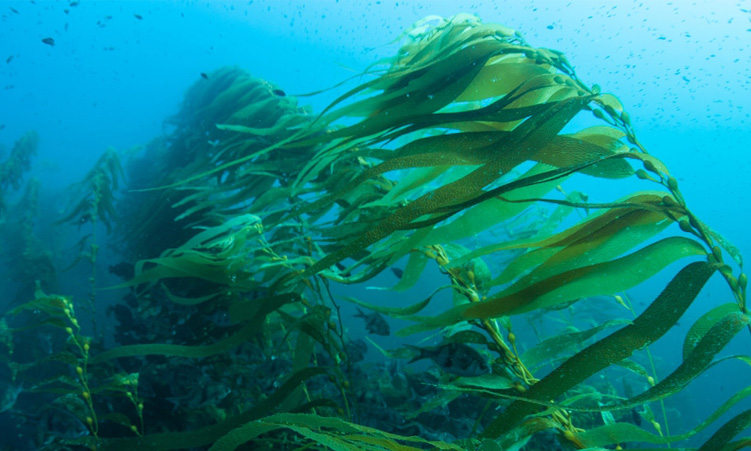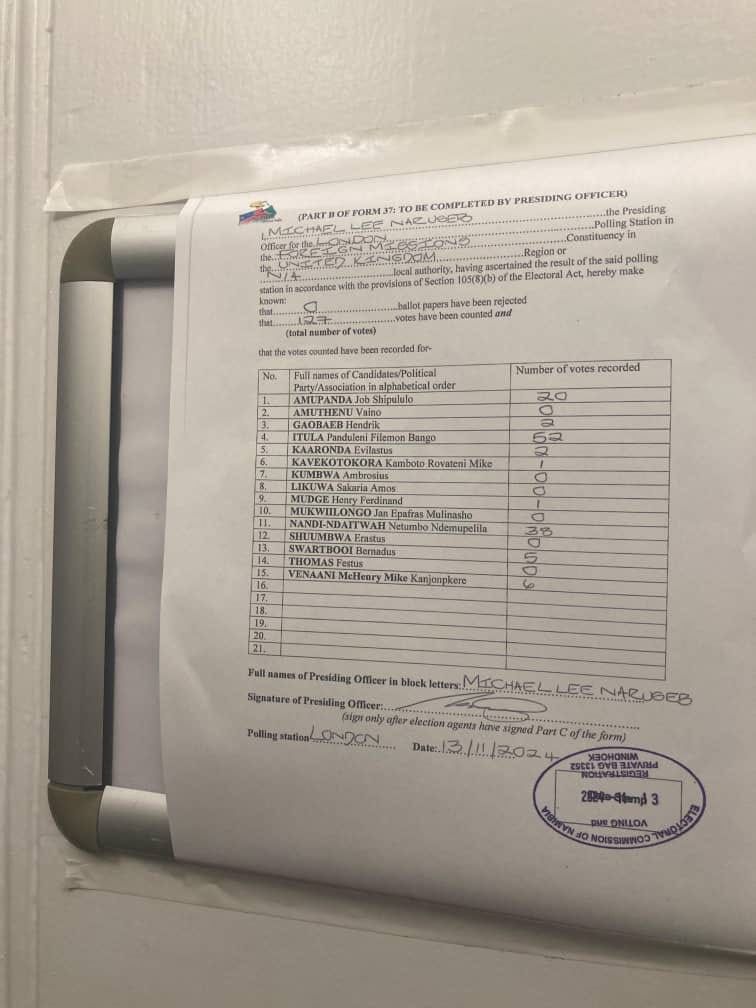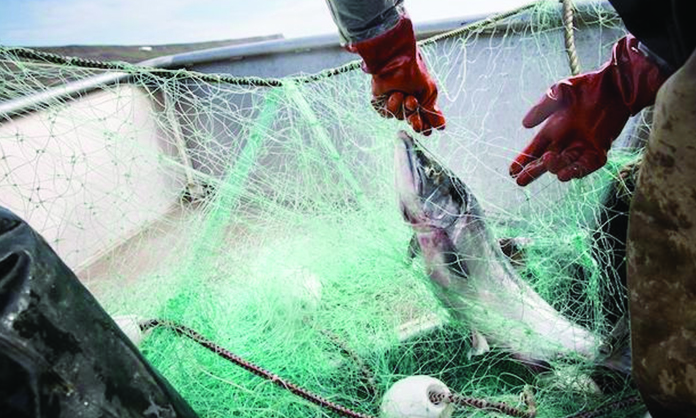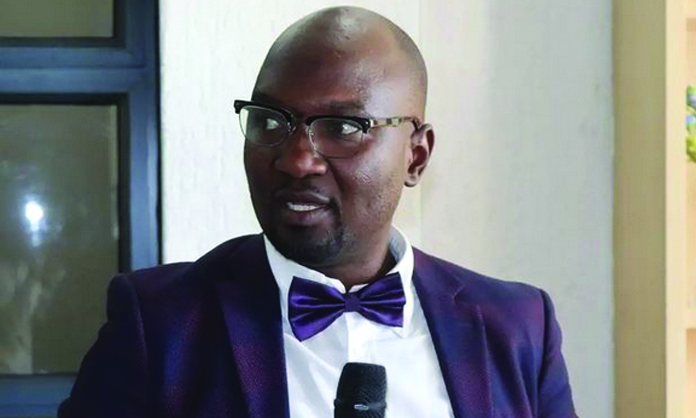Kelp Blue has secured a 15-year commercial licence for cultivating giant kelp (Macrocystis pyrifera) across a 6 400-hectare offshore site located at Luderitz in the //Kharas region.
Kelp Blue is a Netherlands-based start-up that grows kelp, a fast-growing seaweed with the ability to sequester more carbon dioxide (CO2) than terrestrial forests while boosting marine biodiversity and improving fish stocks.
The seaweed includes additional ecological benefits, such as counteracting ocean acidification and decarbonisation in efforts to counter climate change.
The farmed seaweed is harvested to produce alternative agricultural feed, bio-stimulant fertilisers and textile products.
Managing director Fabian Shaanika says the licence is expected to facilitate significant business expansion and enhance carbon sequestration efforts.
“The licence allows us to scale up these volumes, and eventually we will produce over 40 million litres of biostimulant per annum,” says Shaanika.
Kelp Blue aims to sequester 30 000 tons of carbon annually by 2025 and over 1 million tonnes by 2050 (in Namibia).
During the pilot phase, the company harvested over 50 tonnes of seaweed resulting in over 50 thousand litres of final product.
However the company’s biostimulant organic fertiliser is yet to be approved in Namibia to be available for sale to the local market, even though it has secured approval in over 10 countries worldwide and is being sold internationally.
“We submitted our application earlier this year to the Ministry of Fisheries and Marine Resources, soon after receiving our Environmental Clearance Certificate from the Ministry of Environment, Forestry and Tourism.
Our product is approved in well over 10 countries globally, with registration in progress in 30 more countries,” Shaanika says.
“Product registration delays essentially mean that we are not able to sell the products locally. It also means that we are unable to export the product as a 100% final product from Namibia. It impedes full local beneficiation,” he says.
Biostimulant is an organic fertiliser that not only enhances plant growth by providing micro- and macronutrients but it also regenerates the soil through the promotion of plant growth-promoting bacteria and pathogen antagonists in suppressive soils, something that, in general, chemical fertilisers are unable to do.
With regards to markets, he says the company was targeting new export markets such as Latin America.
“Our current market focus is Europe with immediate plans to expand into Latin America as well sub-Saharan Africa,” he says.
Kelp Blue, the Namibian subsidiary of the Dutch company, has been awarded the Zayed sustainability prize in the climate action category during the recently held COP28 in Dubai, in recognition of its large-scale efforts in growing giant kelp forests to enhance ocean health and sequester carbon.
Kelp Blue’s kelp forests in Shearwater Bay have boosted resident marine species from 135 to nearly 800 species.
Kelp Blue employs 92 people in Namibia, with 96% being Namibians. Nearly 50% are female, and over 50% are from Lüderitz. Around 30% hold a bachelor’s or master’s degree. The company spends about 6% of its budget on staff training, and the average employee age is 26.
By 2027, Kelp Blue anticipates employing up to 400 people in Namibia, maintaining its commitment to diversity and inclusiveness.
Stay informed with The Namibian – your source for credible journalism. Get in-depth reporting and opinions for
only N$85 a month. Invest in journalism, invest in democracy –
Subscribe Now!






